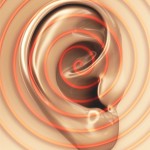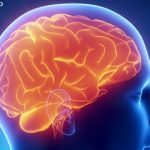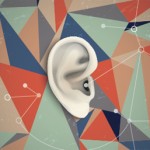A systematic review found that methotrexate “appears to be more efficacious in treating vestibular symptoms.”6 So far, no definitive evidence has emerged to suggest an efficacious non-steroidal treatment for the hearing loss.
Making the Right Referral
Even for a specialist, patients with autoimmune SNHL are fairly rare. “Let me put it this way: I more commonly see people who are erroneously diagnosed with autoimmune inner ear disease than I do people with true autoimmune inner ear disease,” says Dr. Rubinstein.
Otologists commonly misdiagnose the condition in patients with sudden SNHL, which doesn’t have rapidly progressive symptoms and typically isn’t bilateral, but can respond to glucocorticoids. The problem, according to Dr. Rubinstein, is that clinicians often refer such patients to a rheumatologist for treatment with another immune modulator before properly differentiating between the two conditions.
“They’ll be on that treatment for years,” he says. “I’ll see them, and usually they come with a pile of hearing tests, and at that point, I’ll say, ‘I think we should stop the medication that you’re on and see what happens. If it’s really autoimmune, your hearing may drop, and then we’ll know for sure, and we’ll put you back on it and you won’t have lost anything. But it might enable you to get off this relatively toxic stuff that you’re taking.’”
In an ideal setting, he says, such a patient would be referred by one of his colleagues instead of a rheumatologist. “But the classic situation [in which] a rheumatology referral is great is if a rheumatologist is treating someone for a known autoimmune condition, say rheumatoid arthritis, and then the person develops rapidly progressive hearing loss,” Dr. Rubinstein says. “That’s the perfect situation to make the diagnosis easily and get the person treated.”
Dr. Rubinstein typically doesn’t refer a patient with autoimmune inner ear disease to a rheumatologist unless he can’t get them off prednisone or they have other symptoms beyond hearing loss that are suggestive of other diseases. “It’s worth experimenting a little bit to see if there’s some other drug where, even though it’s unproven, in their particular case [may] allow them to get off steroids,” he says.
If Dr. Rubinstein strongly suspects the hearing loss is autoimmune in nature but the patient doesn’t respond to glucocorticoids, he may consult with a rheumatologist to seek alternatives. “Generally nothing works in that setting. However, that doesn’t mean I wouldn’t give it a try,” he says.


